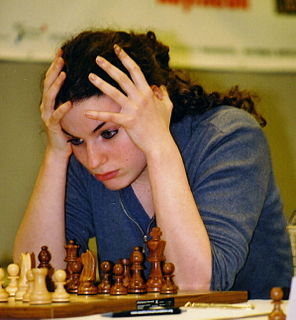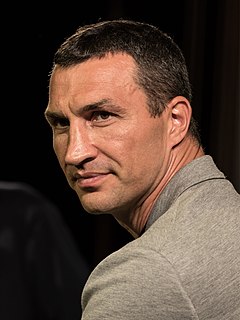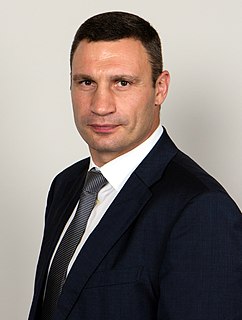A Quote by Viswanathan Anand
I would never suggest to anyone that they drop school for chess. First of all even if you can make it in chess, your social skills need to be developed there.
Related Quotes
I love chess, and I didn't invent Fischerandom chess to destroy chess. I invented Fischerandom chess to keep chess going. Because I consider the old chess is dying, it really is dead. A lot of people have come up with other rules of chess-type games, with 10x8 boards, new pieces, and all kinds of things. I'm really not interested in that. I want to keep the old chess flavor. I want to keep the old chess game. But just making a change so the starting positions are mixed, so it's not degenerated down to memorisation and prearrangement like it is today.
I started playing chess when I was about 4 or 5 years old. It is very good for children to learn to play chess, because it helps them to develop their mental abilities. It also helps to consolidate a person's character, because as it happens both in life and in a chess game we have to make decisions constantly. In chess there is no luck and no excuses: everything is in your hands.
Most chess books only sell a few thousand copies, and a book titled something like "Women in Chess" would sell even fewer. The idea with this title was to spread the book outside the competitive chess world. I'm interested in attracting readers who love chess but play only casually, and feminists interested in male-dominated fields.
Chess is similar to boxing. You need to develop a strategy, and you need to think two or three steps ahead about what your opponent is doing. You have to be smart. But what’s the difference between chess and boxing? In chess, nobody is an expert, but everybody plays. In boxing everybody is an expert, but nobody fights.
I love the competitive aspect of it [business]. It's like playing chess. Why do people play chess? Knowing the realm of moves? Even when you get to be a chess master, there are other chess masters you want to beat or outperform. And to me business is just a sport that I love to compete in; a continuous intellectual challenge that really motivates me.
The life of a chess master is much more difficult than that of an artist - much more depressing. An artist knows that someday there'll be recognition and monetary reward, but for the chess master there is little public recognition and absolutely no hope of supporting himself by his endeavors. If Bobby Fischer came to me for advice, I certainly would not discourage him - as if anyone could - but I would try to make it positively clear that he will never have any money from chess, live a monk-like existence and know more rejection than any artist ever has, struggling to be known and accepted.
































